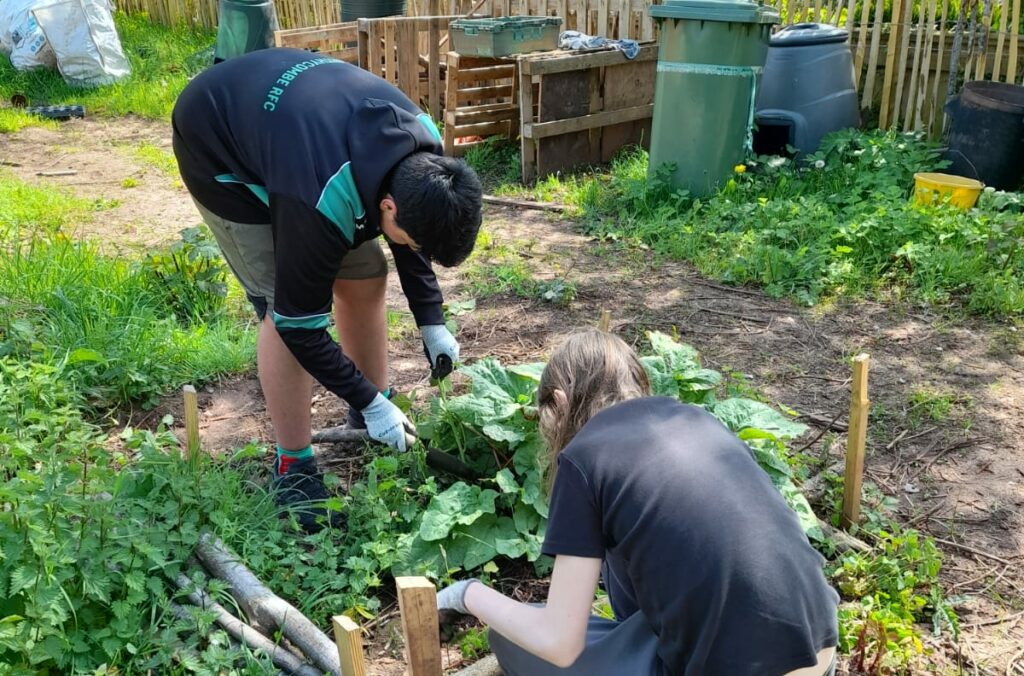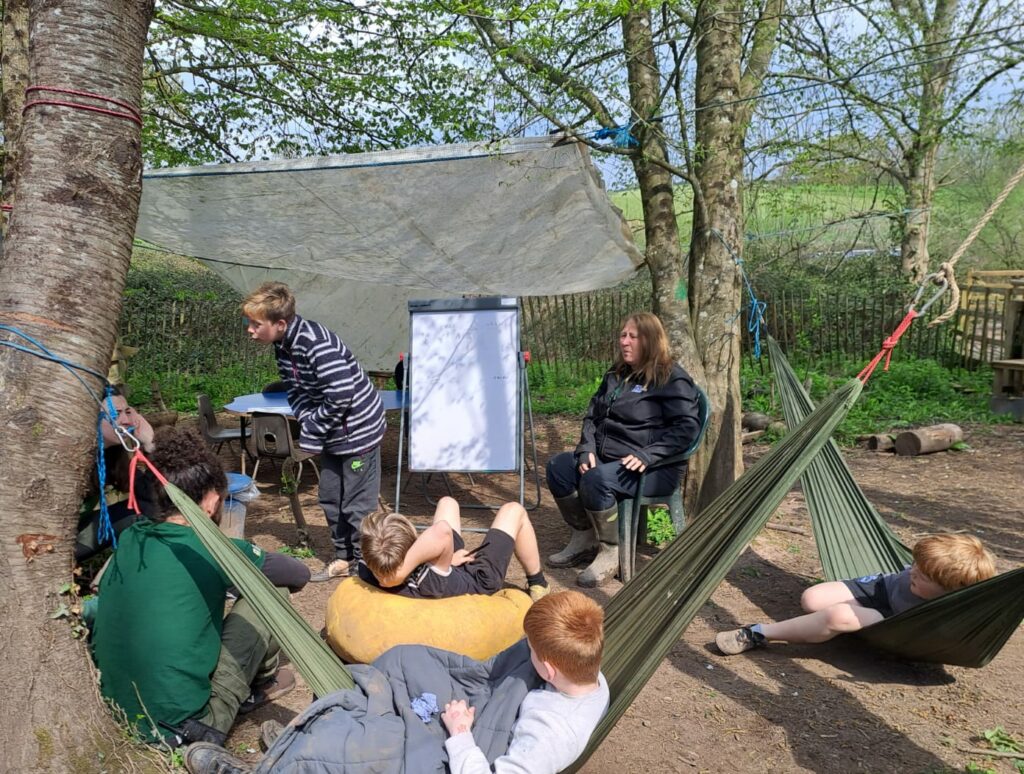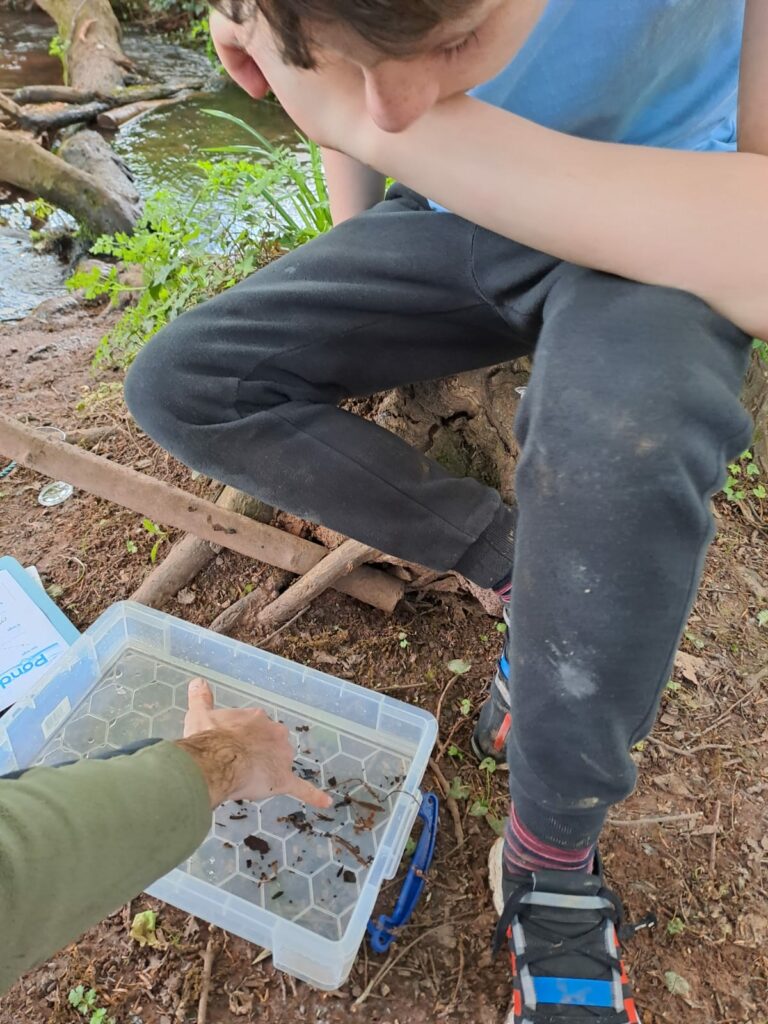
Looking for a way to spice up your classroom routine and motivate your students to learn in a fresh, exciting way? Look no further than the great outdoors! Educators and policymakers across the globe are recognising the incredible benefits of outdoor learning, which not only improves students’ mental and physical health but also enhances their academic performance.
That’s why schools everywhere are embracing Outdoor Classroom Day today – an annual global initiative that encourages schools to take their learning outside for a day of exploration and fun.
In this blog post, we’ll take a closer look at what Outdoor Classroom Day entails and explore some of the research that supports outdoor learning. So let’s step out of the classroom and dive into the wonderful world of outdoor learning!

What is Outdoor Classroom Day?
This worldwide campaign, launched by Project Dirt in 2012, encourages kids to venture outside of the traditional classroom setting and breathe in the fresh air. What began as a small initiative has evolved into a global movement that reaches millions of children in over 110 countries worldwide.
What happens on Outdoor Classroom Day?
It’s a day full of exhilarating and fun activities that occur outdoors! Schools are encouraged to use their imaginations and creativity when it comes to planning their outdoor activities. From exploring nature to conducting science experiments, creative writing, drama games, and more, the possibilities are endless. So, grab your notepads, put on your thinking caps, and prepare to explore the great outdoors on Outdoor Classroom Day!
Why is outdoor learning crucial?
Did you know that spending time outdoors and taking in some fresh air can work wonders for your students’ physical and mental health? Research has shown that outdoor learning can have some remarkable benefits for children. Studies reveal that spending time in nature can reduce ADHD symptoms, enhance cognitive function, and even boost self-esteem and mood. Additionally, outdoor learning has been linked to better academic performance, particularly in science and math.

What makes outdoor learning so effective?
One of the primary advantages is the hands-on experience it provides. Learning in an outdoor setting enables students to experience subjects in a more vivid and interesting way, making them more engaged and better able to grasp the concepts being taught. Outdoor learning also significantly contributes to students’ personal, social, and emotional development, helping them to acquire essential life skills like teamwork, communication, and problem-solving.
Unfortunately, studies suggest that today’s children spend less time playing outside than previous generations. Rather, they spend more time glued to electronic devices and screens. By encouraging children to spend more time outdoors during the school day, we can help foster a love of the great outdoors and inspire them to continue exploring nature beyond school hours.
Did you know that outdoor learning offers the following benefits?
To learn more about the benefits that Outdoor Learning could have in your setting, join us at the Outdoor Learning Conference, hosted by Teach Outdoors, on 13th June 2023 at the University of Northampton.
Author: Natalie Hauser, Teach Outdoors
Date: Thursday 18th May 2023
Copyright © Outdoors Group Ltd 2021. All Rights Reserved.
Registered Office: The Outdoors Group, Western Lodge, Crediton, Devon, EX17 3NH. Company number 10755829
Terms & Conditions / Website Terms / Privacy Policy / Sitemap / Built with ♥ by Solve